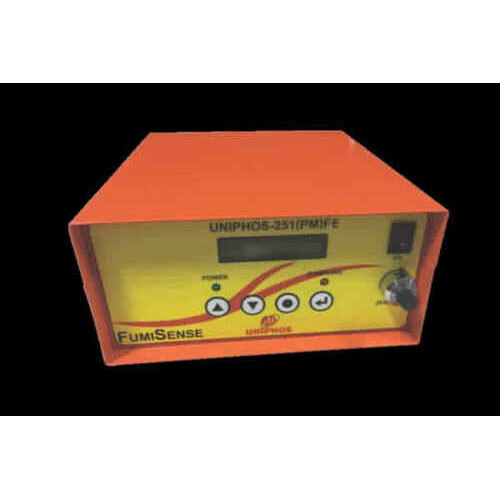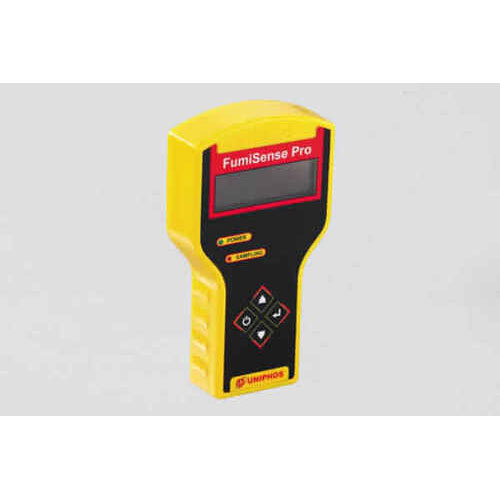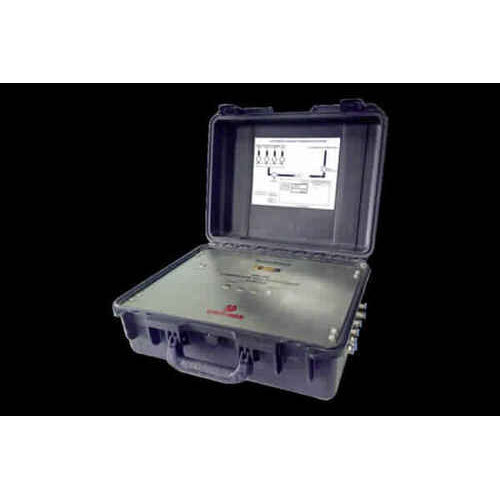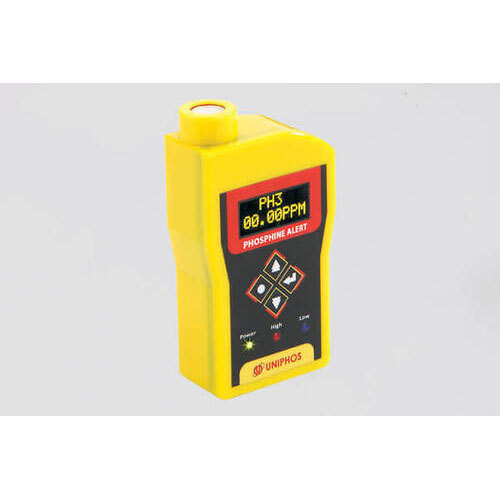Trusted company that deals in quality-made products
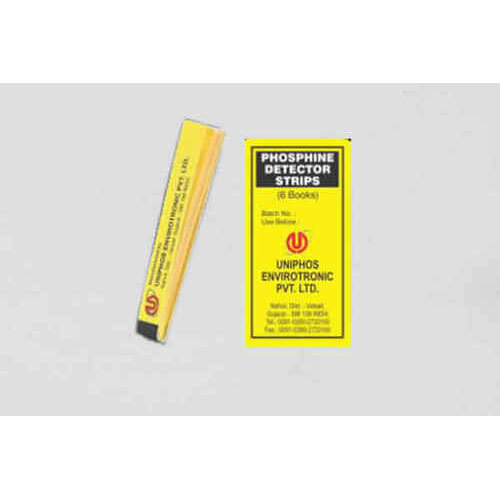
Detector Strips
Product Details:
- Accuracy Visual indication, not applicable for precise quantification
- Measuring Range Semi-quantitative/qualitative
- Application Qualitative detection of various substances and parameters
- Automation Grade Manual
- Mounting Type Handheld / portable
- Features Easy to use, disposable, quick results
- Temperature Room temperature (standard operating conditions)
- Click to view more
X
Detector Strips Product Specifications
- Color change indicator
- Not required (manual, non-electrical)
- Instant (typically seconds to 1 minute)
- Room temperature (standard operating conditions)
- Easy to use, disposable, quick results
- Handheld / portable
- Single-use detection
- Manual
- Manual
- Qualitative detection of various substances and parameters
- Semi-quantitative/qualitative
- Visual indication, not applicable for precise quantification
Product Description
Detector strips are small pieces of paper or plastic that are coated with a chemical that reacts to a specific substance or condition. They are often used for quick and simple detection of various substances in different settings, such as in the home, laboratory, or industrial environment.
Some common types of detector strips include:
- pH indicator strips - These strips are used to determine the acidity or alkalinity of a solution by measuring its pH level. The strips change color in response to the pH level of the solution.
- Chlorine test strips - These strips are used to test the level of chlorine in water, such as in swimming pools or hot tubs. They change color based on the level of chlorine present in the water.
- Lead test strips - These strips are used to test for the presence of lead in paint, water, or soil. They change color in the presence of lead ions.
- Nitrate test strips - These strips are used to test for the presence of nitrate in water, such as in wells or drinking water. They change color in response to the level of nitrate present.
- Moisture test strips - These strips are used to test the moisture level of various materials, such as wood, concrete, or soil. They change color based on the level of moisture present.
Detector strips are typically inexpensive and easy to use, making them a convenient option for simple and quick testing of various substances or conditions. However, they may not be as accurate or precise as other more advanced detection methods.
Quick and Reliable Detection
Experience rapid, visual detection with these user-friendly strips. Engineered for instant resultsusually within secondssimply dip or expose the strip to the sample and observe the visible color change. The portable design and clear indicator pads ensure ease of use, whether in the laboratory or on-site, making them perfect for a broad spectrum of applications.
Safe and Convenient for Multiple Applications
These strips are non-toxic and safe for both laboratory and field environments. Packaged securely in foil packs or vials, they are protected from moisture and contamination. Their design eliminates electrical requirements, enabling true portability and suitability for manual use in diverse conditions across India.
FAQs of Detector Strips:
Q: How do I use the detector strips for substance detection?
A: To use, simply remove a strip from its sealed packaging, expose it to the sample (by dipping or swabbing), and observe the color change on the reactive pads within seconds for a qualitative or semi-quantitative result.Q: What substances can be detected with these strips?
A: The detector strips can be custom-formulated to detect a wide variety of analytes and parameters. Contact the supplier or manufacturer for available options tailored to your detection needs.Q: When and where should I store the strips?
A: Store the detector strips in a cool, dry place away from direct sunlight to maintain their sensitivity and accuracy. Proper storage ensures an effective shelf life of 1224 months.Q: What is the process for reading the results?
A: Interpretation is visualcompare the color that develops on the reactive pad to the reference chart provided. The intensity or presence of color indicates the respective concentration or presence of the target substance.Q: Where can these detector strips be used?
A: Due to their non-toxic and portable design, the strips suit laboratories, field operations, industrial testing, and anywhere quick detection is needed, all without the need for electrical power.Q: What are the benefits of using these detector strips over other detection methods?
A: Benefits include ease of use, instant results, disposable convenience, portability, and safety. They require no power source, special skills, or equipment, making them ideal for immediate, on-the-spot testing.Q: Are the detector strips suitable for accurate quantitative measurements?
A: These strips provide qualitative or semi-quantitative results based on colorimetric reactions and are not designed for precise quantitative analysis. They are primarily tools for rapid screening and visual indication.Tell us about your requirement

Price:
Quantity
Select Unit
- 50
- 100
- 200
- 250
- 500
- 1000+
Additional detail
Mobile number
Email


